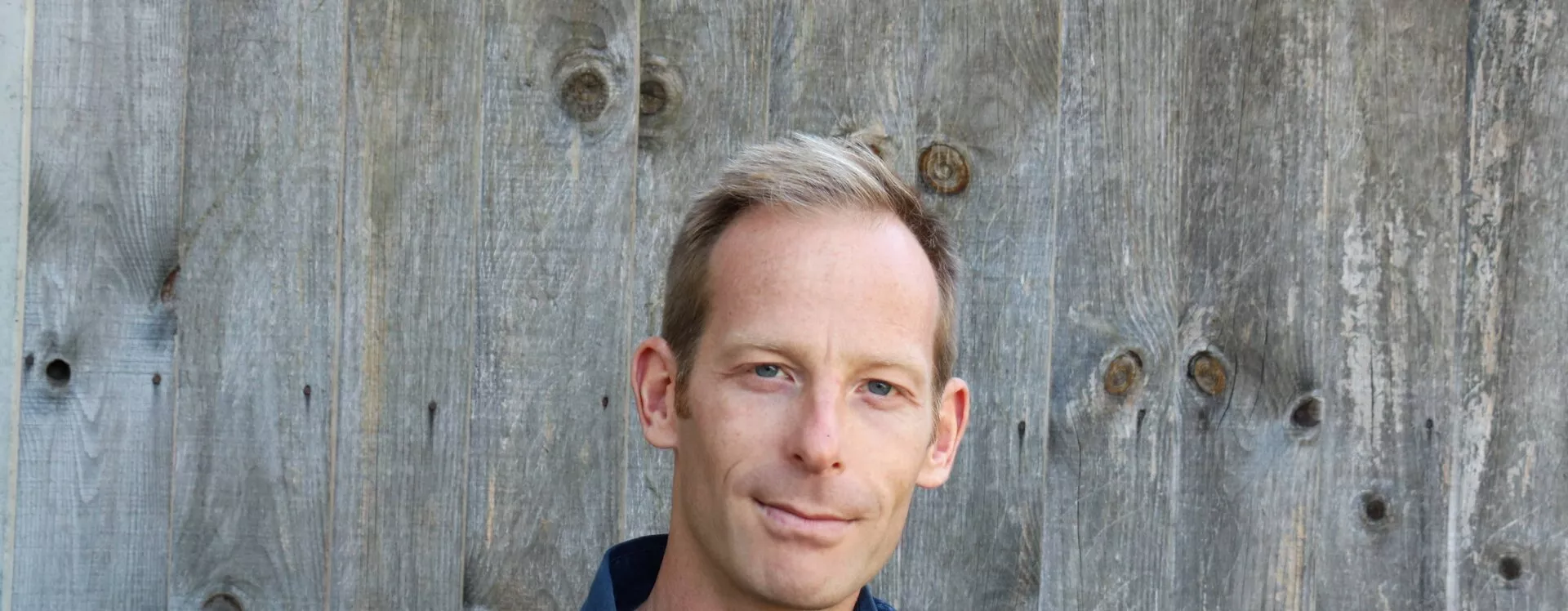
Every breath you take
Endurance is all well and good, but resilience is a way of approaching mental health that aims at healing rather than blocking it all out. Keith Abraham explained all on Mental Heath Day, and also offered tips on how to breathe properly, which has to be a good idea.
You don’t see mental health and, if you do not have the experience or empathy to recognise it in the mood of a colleague, you won’t recognise it. For those suffering, the crutch or bandage could be you. In recognition of Mental Health Day, on Thursday 10 October, Keith Abrahams, a personal resilience master, spoke to audiences in the London offices in Bishop’s Square and Tower Hill. The talk, and brief practical instruction – close your eyes and breathe – was arranged in tandem with the launching of an initiative across the bank that includes the introduction of mental health first-aiders and specialist training for managers.
A drink- and drug-raddled youth, tours in Iraq and Afghanistan with the UK Army’s Parachute Regiment, a divorce that took away his son and the suicide of a fellow employee at JP Morgan when he was in the building and responsible for crisis management are Mr Abraham’s unenviable credentials.
As extreme as each of these events are, none were sufficient to “break” Mr Abrahams. It was an old man kneeling on a grave, sobbing hysterically on Remembrance Day that shone the light. “It scared the hell out of me, because that’s me, at 90 years old,” said Mr Abrahams. “At that moment, I understood that endurance is bullshit.”
The gap between endurance and resilience is as big as the gulf that Mr Abrahams had fought in. Resilience – the one that nurtures rather than closes off – is all about healing and learning from your suffering; enduring is denying.
One of Mr Abrahams’ practical, and ultimately life-saving responses to the traumas that were leaving him with a passing (but not exercised) appetite for violence and regular sweats was to follow the passing advice of a work colleague and watch a four-hour YouTube video on Tai chi. “You don’t expect to look into the living room of a flat in Canning Town and see someone doing Tai chi,” said Mr Abraham.
Something important had happened, not least that his regular body sweats were no longer. “This guy just telling me how to breathe and move properly”, said Mr Abraham. “Tai chi entered my life. There was nothing else important for me.” The martial art offered a route for healing the damage to his mental health.
Tai chi is a meditative martial art that originated in Sri Lanka and helped Mr Abraham recover from the stress he had endured. “I began to develop a vocabulary for the art – I began to relax – I was at peace, felt good and wanted more of it,” he said.
Forty-two percent of people consider resigning because of work stress… and 14% do, including Mr Abraham. The passion he had developed for Tai chi meant that only a visit to a Grand Master in China would satiate his new hunger. “Being vulnerable and sensitive are not things you win medals for in our life,” he said. “I want to suffer less and help more people suffer less.” Abraham received the blessing of his Grand Master in China to teach Ta chi when he returned home.
While Abraham observes drug therapies and counselling as first responses from the medical profession, “talking will get you so far, but it will not heal the suffering.”
Mental health means something different to everyone and Tai chi is not a universal panacea, although the physical body is an entry level to mental health, according to Mr Abraham. It’s working for him, but he has no idea what he would have done if he had not been blessed by this epiphany. When asked what it would have been if not Tai chi by the audience in Tower Hill, he said, “I don’t know, my mind doesn’t seem to work in that way”.
Which takes us back to his words at the beginning of an often harrowing but ultimately uplifting story: “The mind is an abstract thing, and hard to grasp”.